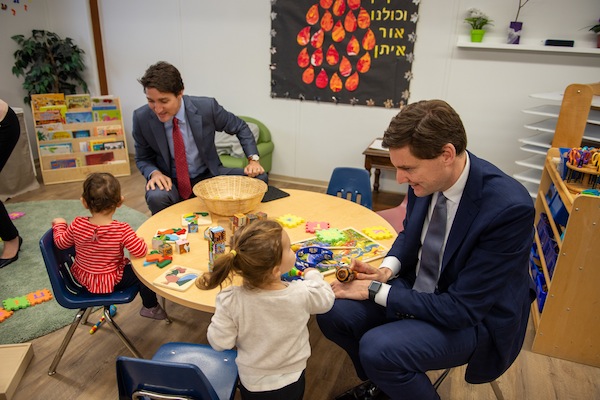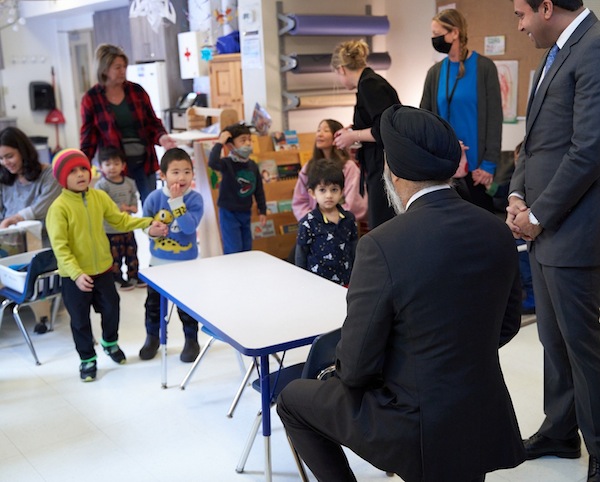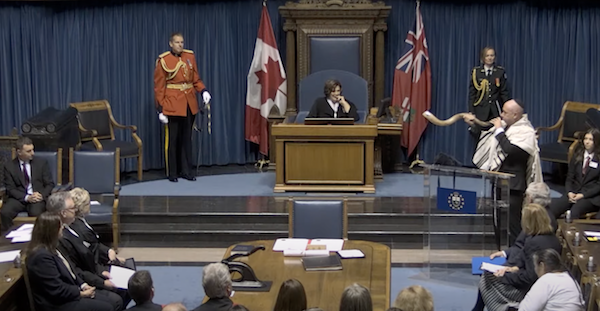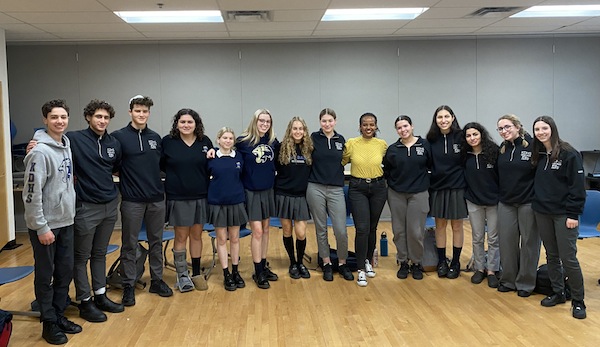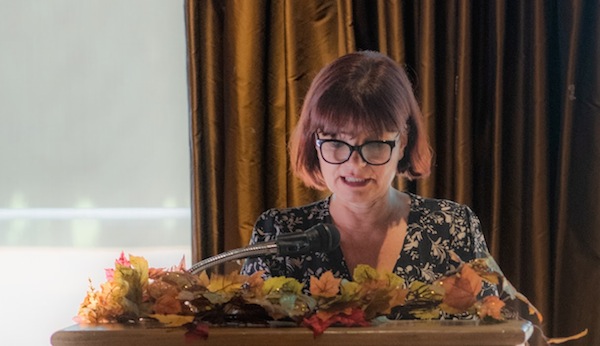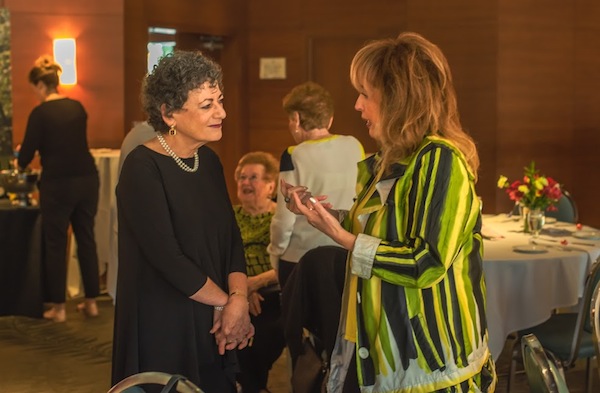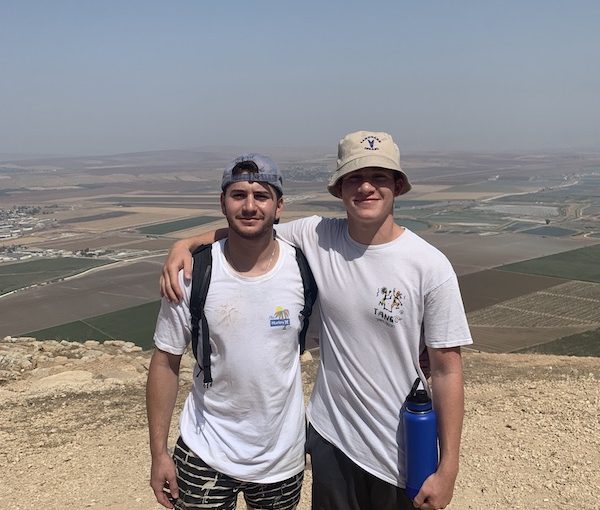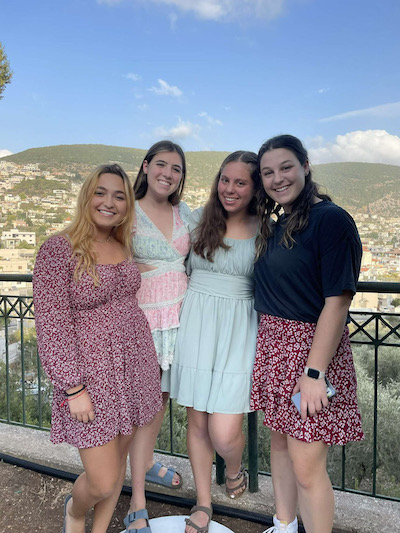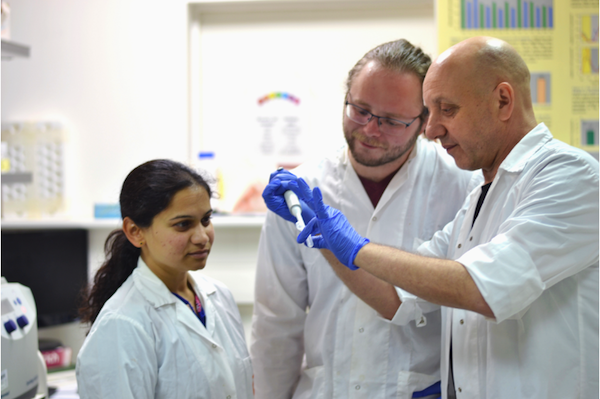(IDF Spokesperson’s Unit / CC BY-SA 3.0: צילום)
לאור תוצאות הבחירות הכלליות האחרונות שנערכו בישראל בראשית חודש נובמבר, צפוי שההגירה אל קנדה תגדל. יש ישראלים שיתייאשו מהמצב החדש בישראל, כאשר ממשלת ימין קמה בהשתתפות המפלגה הימנית קיצונית הציונות הדתית, והם מבקשים לעזוב את ישראל. כך ישראלים מתבטאים בפייסבוק
בשנים האחרונות ההגירה מישראל לקנדה נמצאת במגמת עלייה ועתה צפוי שיותר ישראלים יעברו אליה. לפי פייסבוק תומכי בנימין נתניהו, שקראו למתנגדיו “שמאלנים בוגדים” קוראים להם עכשיו “שמאלנים למטוסים”. ואכן יש סברה ישראלים לא מעטים יעזבו לחו”ל. אחד אנשי הימין כתב בפייסבוק: “לאור תוצאות הבחירות אנשי השמאל עוזבים את הארץ ולכן משבר הדיור מגיע לקיצו”. אחר מאלה שרוצים לעזוב שואל באמצעות פייסבוק: “איך עוזבים את ישראל ומהר?” התגובות: “מבקשים מקלט מדיני, משיגים דרכון פורטוגלי, זה הרבה יותר קל ממה שחושבים”. משפחה ישראלית שעברה להליפקס לפני חמש שנים כותבת בפייסבוק לאחר קיום הבחירות: “למדנו לאהוב את החיים כאן בקנדה. את השלווה, את הנופים, את האדיבות ואת השקט. אז נכון שלא הכל מושלם. ולא הכל קל. ולא הכל מרגישים שייכים. אבל בשורה התחתונה, מרגיש שכנראה עשינו את הדבר הנכון. ישראל עומדת היום בצומת דרכים, ואים להסתמך על הבחירות האחרונות, כנראה שאנחנו כבר אחרי הפניה”. תומך נתניהו שואל בפייסבוק היכן הם אלה שטענו כי אם ביבי חוזר הם יעזבו את הארץ?”
כאשר היאוש גבר ולא רואים אופטימיות בטווח הקצר או אפילו הרחוק יותר, וכאשר ערכי הדמוקרטיה של ישראל הולכים ונמסים ולעומתם ערכים ימניים קיצוניים שתופסים מקום מרכזי במדינה, יש כאלה החושבים שהגיע הזמן לעזוב. כאמור קנדה היא אחד היעדים החמים בעולם כיום עבור ישראלים, שלא רוצים לעבור לאירופה או לארצות הברית
חברת דיווידשילד המתמחה במתן שירותי ביטוח עבור ישראלים הגרים בחו”ל, מסבירה מי זו קנדה: מדובר במדינה הצפונית ביותר בצפון אמריקה, המעוררת אצל רבים אסוציאציות של קור ושלג, אבל במציאות מדובר באחת המדינות הנחשקות בעולם להגירה ולרילוקיישן עם אוכלוסייה רב תרבותית, כלכלה יציבה, טבע מרהיב, נופים עוצרי נשימה ואיכות חיים גבוהה. קנדה נחשבת לאחת ממדינות ההגירה הפופולריות ביותר בקרב ישראלים, אם זה בזכות הכלכלה החזקה שלה, אפשרויות התעסוקה הרבות, קשרי המסחר הטובים ואיכות החיים הגבוהה. קנדה נחשבה למדינה ליברלית בעלת חוקי הגירה נוחים מאוד, שמטרתם למשוך אליה כוח עבודה משכיל ומקצועי. במהלך השנים עברה מדיניות ההגירה הקנדית שינויים רבים וכיום היא מתבססת בעיקר על קריטריונים כמו השכלה, גיל, ניסיון מקצועי ושליטה בשפות. המקצועות המבוקשים בקנדה, שעבורם הסיכוי הגדול ביותר לקבל אישור עבודה, הם בתחומים הבאים: רפואה וסיעוד, מחשבים, הנדסה, חינוך לגיל הרך, מרצים באקדמיה, תרגום, פסיכולוגיה וניהול בכיר
קנדה היא מדינה ענקית, השנייה בגודלה בעולם, עם צפיפות אוכלוסייה קטנה יחסית לשטחה הגדול – מה שמהווה אטרקטיביות רבה עבור ישראלים המעוניינים ברילוקיישן. כלכלתה של קנדה נחשבת ליציבה מאוד, שוק העבודה מגוון ושכר העבודה נחשב גבוה ביחס לשעות העבודה
אפשרויות התעסוקה בקנדה עבור מהגרים ישראלים נעות בין עבודות של צעירים, כמו: עבודה בעגלות ובמכירות, עבודת שיפוצים, טיפול בילדים והדרכות נוער בקהילות היהודיות; ועד משרות בחברות ההייטק הגדולות, בתחומים כמו הנדסת תוכנה; כמו כן, משרות בתחומי הסיעוד והרפואה בבתי החולים המתקדמים ביותר בקנדה
ישראלים המעוניינים ברילוקיישן לקנדה צריכים קודם כל למצוא מעסיק חוקי שידאג עבורם לויזת עבודה. החברה המעסיקה צריכה להיות בעלת משרדים הנמצאים בקנדה ועליה לקבל היתר ממשרד העבודה הקנדי להעסקת עובד שאינו קנדי
עם איכות חיים גבוהה, שירותי בריאות טובים, חינוך איכותי, כלכלה יציבה, חברה מקבלת, קהילה יהודית ענפה, שיעור פשיעה נמוך יחסית וטבע מרהיב – החיים בקנדה נחשבים בהחלט לנוחים ומלאי הזדמנויות
מערכת הבריאות בקנדה נחשבת לאחת מהטובות בעולם ומורכבת בעיקרה ממערכת ציבורית, הממומנת על ידי הציבור (בקנדה אין כמעט בכלל רפואה פרטית, כולל בתי החולים). כל אזרח קנדי, מהגר או תושב קבע זכאי לכיסוי רפואי מלא, כלומר כל ביקור רפואי, אשפוז בבית חולים וביצוע בדיקות רפואיות ניתן בחינם ובאופן שוויוני (למעט תרופות וטיפולי שיניים). העובדה כי כל השירותים הרפואיים ניתנים בחינם, אינה גורעת מאיכותם – ההפך: תקציב הבריאות בקנדה הוא גבוה מאוד, מה שמבטיח שירותים רפואיים איכותיים ויחס אישי
הדבר הראשון שעליכם לחשוב עליו כאשר אתם מתכננים מעבר מגורים לקנדה הוא כמובן עניין המגורים. אם אתם נשלחים לרילוקיישן, סביר להניח שהחברה המעסיקה תדאג עבורכם למגורים מסובסדים על חשבונה באזור העבודה. אם אתם עצמאיים או שעליכם למצוא מקום מגורים בכוחות עצמכם, זכרו כי גובה שכר הדירה משתנה בהתאם לאזור המגורים, הביקוש וסוג הדירה. פעמים רבות משתלם יותר לבחור במקום מגורים מעט רחוק מהמרכז ולהשתמש בתחבורה הציבורית היעילה
עניין נוסף שיש לדאוג לגביו כאשר עוברים עם ילדים לקנדה הוא החינוך. קנדה נחשבת למדינה שמשקיעה רבות בחינוך ומערכת החינוך שלה נחשבת לאחת הטובות בעולם. בקנדה יש מבחר גדול של בתי ספר ציבוריים ולצדם בתי ספר פרטיים, חלקם הגדול הוא בתי ספר יהודיים. ההרשמה לבתי הספר נעשית ישירות דרך מוסד הלימודים
הבחירה בין חינוך ציבורי ופרטי תלוי בשיקולים אישיים וכלכליים, אך שתי האופציות יבטיחו לילדכם חינוך איכותי. הלימודים במערכת הציבורית הם ליברלים יותר ויחשפו את ילדיכם למפגשים עם תלמידים ממגוונים אתניים שונים. הלימודים במערכת החינוך היהודית הפרטית אינם זולים וכוללים לצד הלימודים במקצועות הכלליים גם לימודי עברית ויהדות. חשוב לדעת, כי כל תלמיד חדש הנכנס למערכת החינוך הקנדית צריך לעבור מבחן באנגלית ובמתמטיקה כדי לקבוע את רמתו. מומלץ לקבוע מועד לראיון עוד בטרם הגעתכם לקנדה
אם חשובה לכם הקהילתיות, השמירה על הצביון היהודי והקרבה לישראלים נוספים, בקנדה אתם בהחלט תרגישו בבית. יהדות קנדה היא הרביעית בגודלה בעולם (אחרי ארה”ב, צרפת וישראל) וכיום חיים בקנדה למעלה מארבע מאות אלף יהודים. הקהילות היהודיות במדינה נחשבות מפותחות מאוד, בעלות קשרי קהילה חזקים והן מעניקות תמיכה רבה וסיוע למהגרים חדשים. המוקד המרכזי של ישראלים בקנדה היא העיר טורנטו, העיר הגדולה בקנדה ובירת מחוז אונטריו, בה מתגוררת הקהילה היהודית כוללת כמאתיים אלף אלף יהודים. יעד נוסף מרכזי עבור מהגרים ישראלים היא העיר מונטריאול הנמצאת במחוז קוויבק, המחוז הגדול בקנדה. במונטריאול נמצאת הקהילה היהודית השניה בגודלה בקנדה שמונה קרוב לכמאה אלף איש. בערים נוספות שבהן תמצאו קהילות יהודיות הן: ונקובר, ויניפג, אוטווה וקלגרי
מעבר מגורים עם כל המשפחה הוא לא קל אף פעם, אבל כשמדובר במדינה כמו קנדה סביר כי לצד קשיי המעבר, תחוו קליטה נעימה בזכות החברה הקנדית המקבלת והקהילה היהודית והישראלית המחבקת. עם זאת, יש לקחת בחשבון את כל ההשלכות והאתגרים העומדים בפניכם בעת מעבר למדינה רחוקה וקרה כמו קנדה
קושי נוסף עמו אתם צפויים להתמודד הוא מזג האוויר. קנדה היא מדינה קרה מאוד, עם חורף סוער וטמפרטורות שצונחות אל מתחת לאפס, לישראלים המגיעים ממדינה חמה לוקח זמן להתרגל לקור הקנדי. היתרון כאן הוא שכל שנה תזכו לראות שלג, הילדים יוכלו לבנות בובות שלג וללמוד לגלוש


